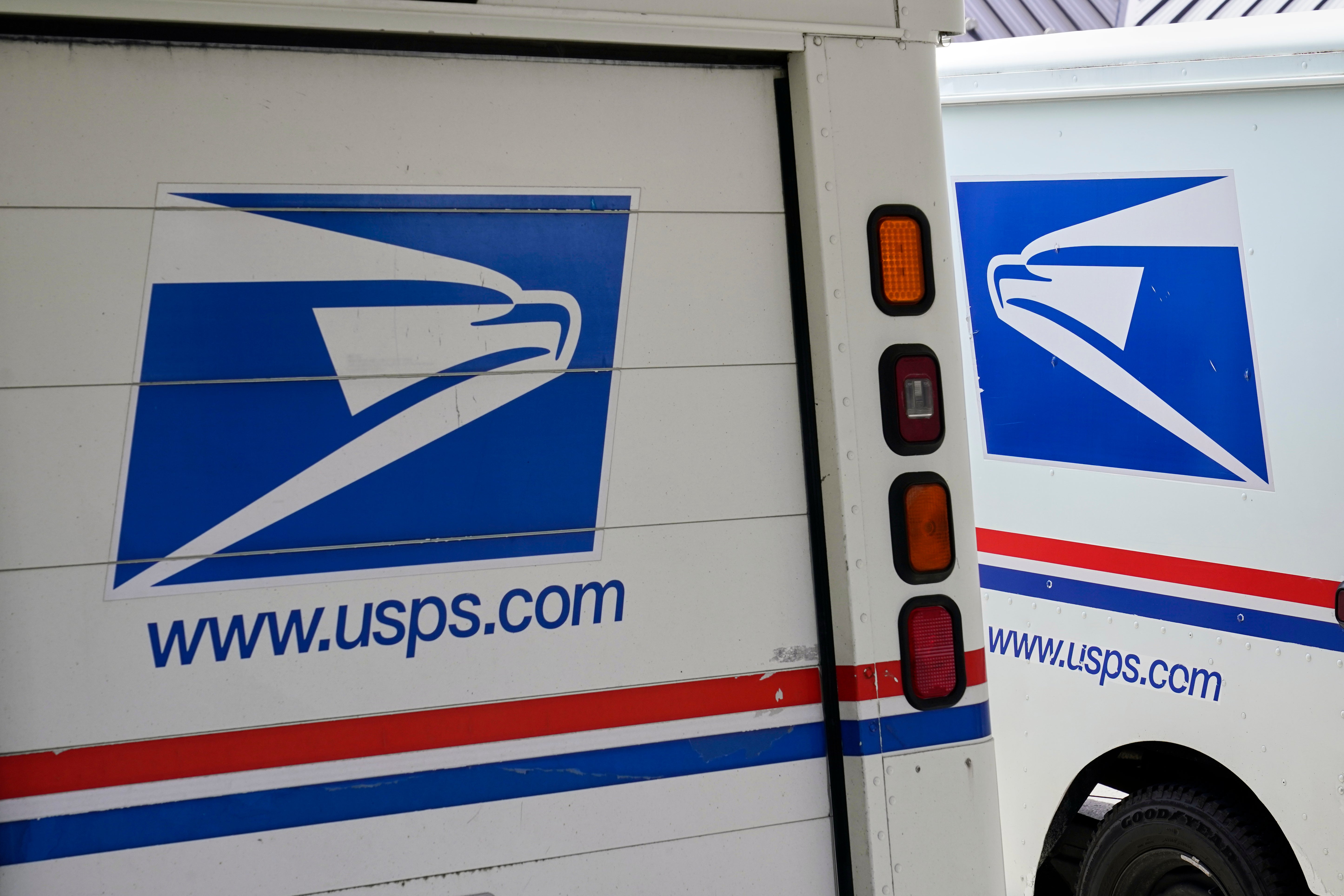USPS gets final signoff to order new delivery vehicles
The U.S. Postal Service says it has cleared the final regulatory hurdle to placing orders for next-generation mail vehicles

The U.S. Postal Service said Wednesday it cleared the final regulatory hurdle to placing orders for next-generation mail vehicles — and getting some of them on delivery routes next year — despite pushback from the Environmental Protection Agency.
Postmaster General Louis DeJoy said the completion of an evaluation required by the National Environmental Policy Act is an important milestone for postal carriers who have soldiered on with overworked delivery trucks that went into service between 1987 to 1994.
The U.S. Postal Service’s fleet comprises more than 230,000 vehicles, including 190,000 local delivery vehicles that are due to be replaced.
“The men and women of the U.S. Postal Service have waited long enough for safer, cleaner vehicles,” DeJoy said in a statement.
Environmental groups have pushed back because only 10% of the vehicles would be electric-powered under the Postal Service contract with the manufacturer, Wisconsin-based Oshkosh Defense.
The decision published in the Federal Register allows the Postal Service to proceed with placing the first order that will include at least 5,000 electric-powered vehicles, along with an undetermined number of gas-powered vehicles, Postal Service spokesperson Kim Frum said.
The Postal Service believes it has met all its obligations and is moving forward despite a request by the Environmental Protection Agency to conduct another environmental review that looks at long-term costs. Democratic Sen. Tom Carper of Delaware, chair of the Senate Committee on Environment and Public Works, said this month that it would be “unwise” to proceed based on a “fundamentally flawed analysis.”
“Neither rain, nor sleet, nor financial good sense will stop the leaders of the U.S. Postal Service from trying to buy dirty, polluting delivery trucks," Patricio Portillo of the Natural Resources Defense Council said Wednesday.
But DeJoy, an ally of former President Donald Trump, said more of the electric vehicles can be purchased under the contract if additional funding "from either internal or congressional sources becomes available.”
It would cost an extra $3.3 billion to convert the entire Postal Service fleet to electric vehicles. Money is included in Biden’s Build Back Better plan, but that proposal remains stalled in Congress.
The new vehicles are more environmentally friendly and boast modern amenities like climate control and safety features like air bags, backup cameras and collision avoidance — all currently lacking on the aging Grumman Long Life Vehicles.
The vehicles are also taller to make it easier for postal carriers to grab packages and parcels that have been making up a far greater portion of their deliveries, even before the pandemic.
___
Sharp reported from Portland, Maine. Associated Press writer Matthew Daly in Washington contributed to this report.
Bookmark popover
Removed from bookmarks